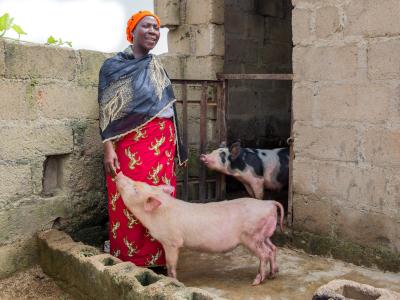“In modern wars, it’s dangerous to be a woman. During the Rwandan genocide, up to 500,000 women were raped, sexually mutilated, or murdered. Today, across the Middle East, roughly 7,000 Yezidi women have been kidnapped and subjected to sex slavery at the hands of ISIS. Genocide, conflict, and...
